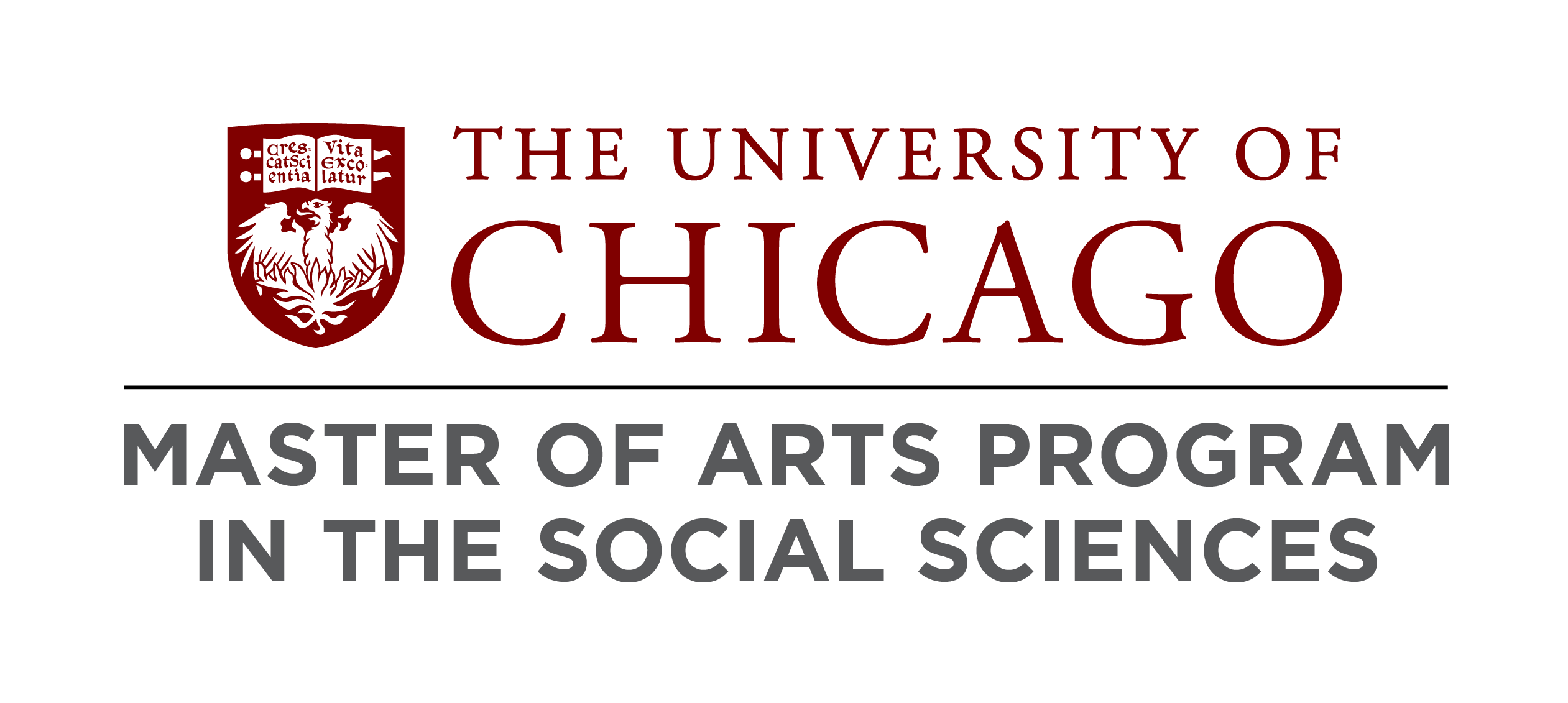
Schedule office hours here.
Amanda Ceniti (she/her) is an Assistant Instructional Professor of Psychology in MAPSS. She holds a PhD from the Institute of Medical Science and the Collaborative Program in Neuroscience at the University of Toronto, where she also received an HBSc in Human Biology: Neuroscience. Prior to joining the University of Chicago, she was a Postdoctoral Fellow at the Arthur Sommer Rotenberg Suicide & Depression Studies Program at St. Michael’s Hospital, Unity Health Toronto.
Professor Ceniti’s research focuses on depression and suicide risk using interdisciplinary methods, including neuroimaging, cognitive tasks, clinical measures, and qualitative interviews. Her current work focuses on the needs of family and friends supporting their loved ones at risk of suicide. There is a significant lack of resources available for this group and a strong need to bolster community-level suicide prevention strategies. In her postdoctoral work, she conducted a national needs assessment to understand the barriers and gaps experienced by friends/family in supporting their loved ones, using qualitative and participatory action research methods. She is now using these findings to co-develop and test a novel suicide prevention training program specific to friend/family needs, in partnership with people with lived/living experience.
Professor Ceniti’s doctoral research in neuroscience focused on the association between Major Depressive Disorder and mild traumatic brain injury (mTBI), with a particular focus on the brain’s reward system. In this work, she used resting-state and task-based neuroimaging (fMRI); behavioural measures of reward and cognition; and clinical interviews and questionnaires to better understand the cumulative impact of mTBI and depression, compared to either condition alone. She has also studied the effects of the COVID-19 pandemic on mental health, including trends in emergency department visits for self-harm during COVID-19 as well as patient and provider experiences with virtual mental health care. A final area of research focus involves cognitive and neuroimaging predictors of treatment response in depression, including to pharmacotherapy and neurostimulation.
In addition to her research, Professor Ceniti is involved with public engagement and knowledge translation activities, including coordination of the national Storybook Project initiative, a published collection of personal stories written by those impacted by suicide across Canada.
 THE UNIVERSITY OF CHICAGO
THE UNIVERSITY OF CHICAGO

